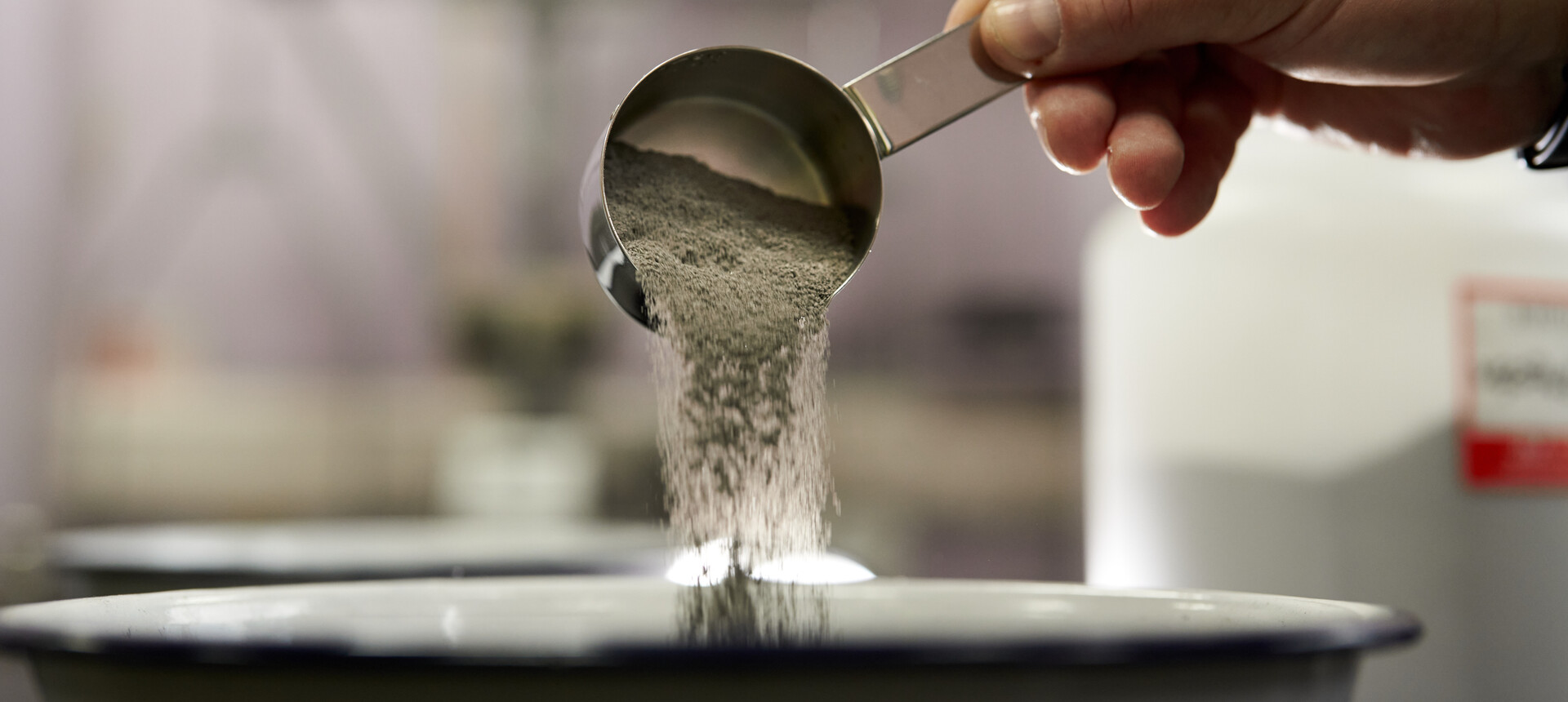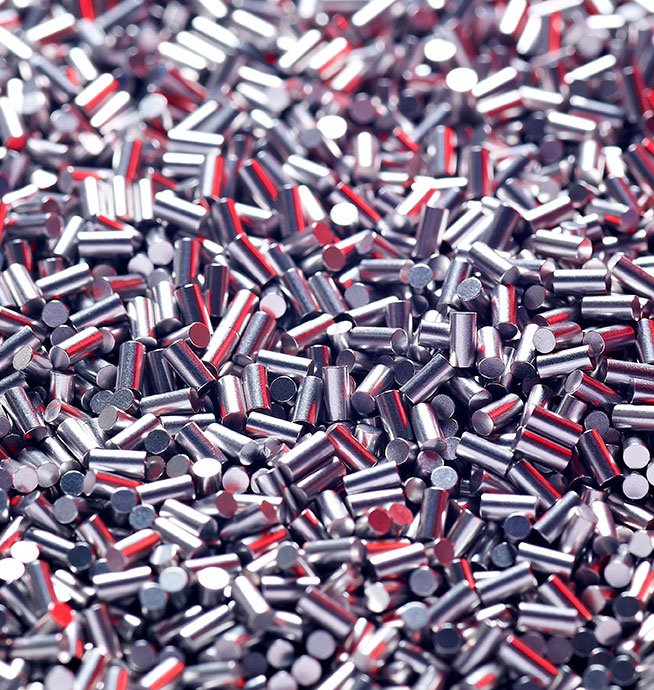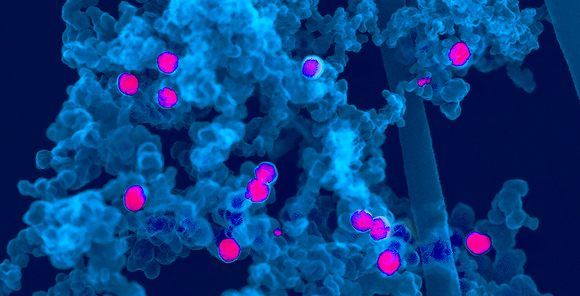Iridium is the rarest of the PGMs. It has a series of unique properties such as its high melting point, temperature stability, strength and corrosion resistance, which make it vital in specialist applications.
Iridium uses
Iridium is very useful electrochemically, being used in electrodes for chloro-alkali production and ship ballast water treatment. It is also used in anodes to form thin, uniform copper foils by electrodeposition, used in circuit boards or lithium-ion batteries for battery electric vehicles (BEVs).
With growing demand for electrolytic (green) hydrogen production, iridium is essential to proton exchange membrane (PEM) electrolysers. It is the most effective catalyst for the anode, turning water into hydrogen and oxygen, whilst being able to withstand the harsh environment of the PEM electrolyser cell.
Electronics demand for iridium is in the form of crucibles, which are used to form single crystals of metal oxides at extremely high temperatures. A major use of these crystals is in surface acoustic wave (SAW) filters for mobile phones and other wireless communication technology.
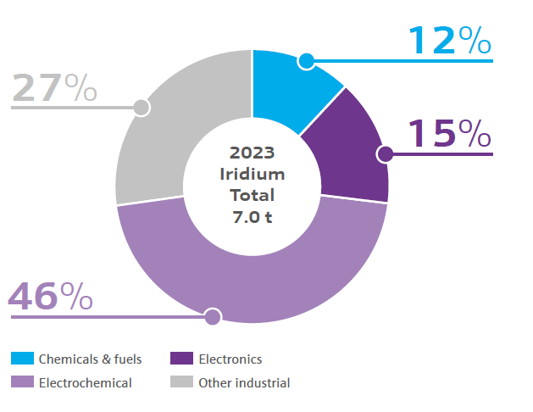
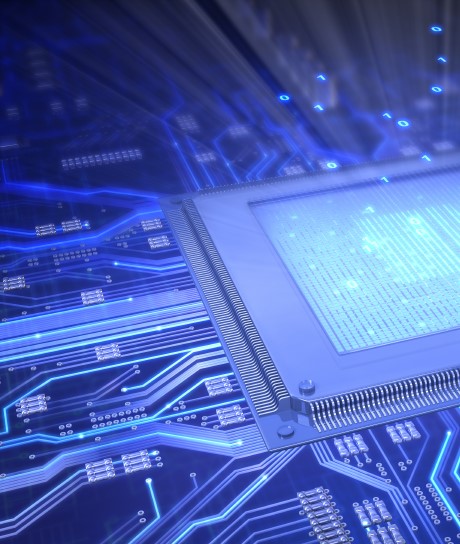
The automotive and aerospace industries use iridium widely as an alloy material in the tips of premium spark plugs. It gives much longer durability and better mileage as compared to other base metal tips.


